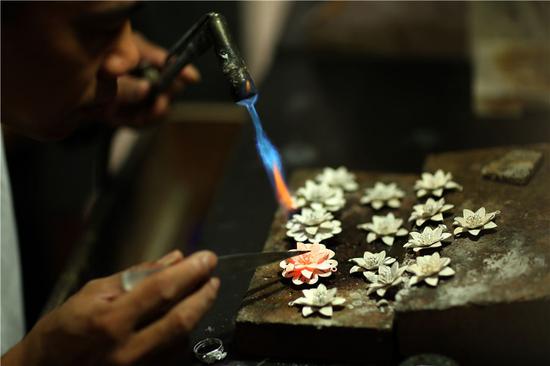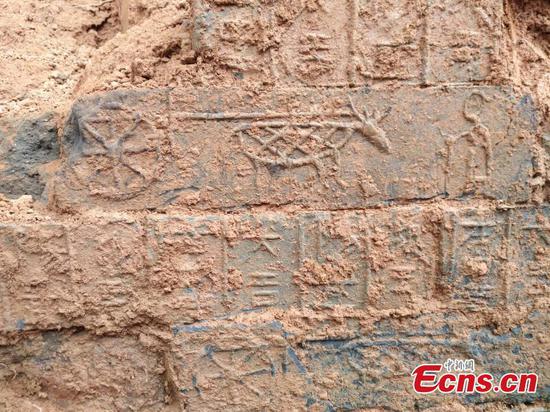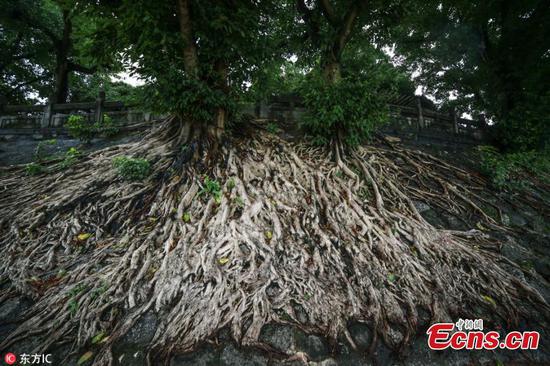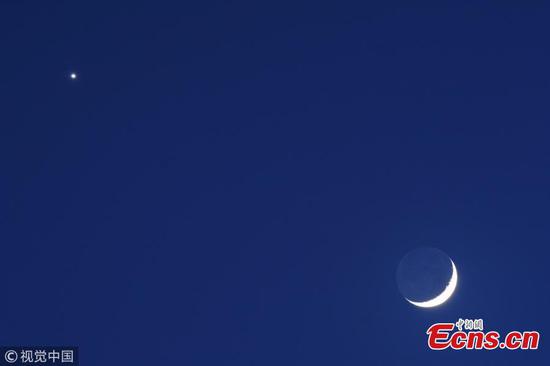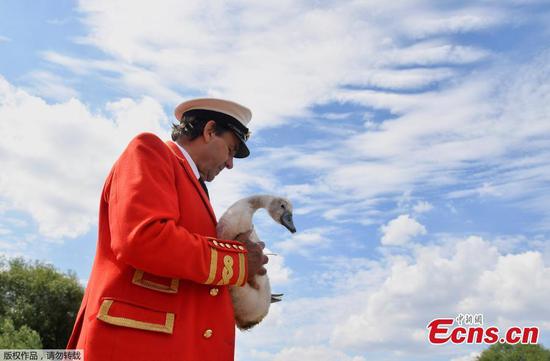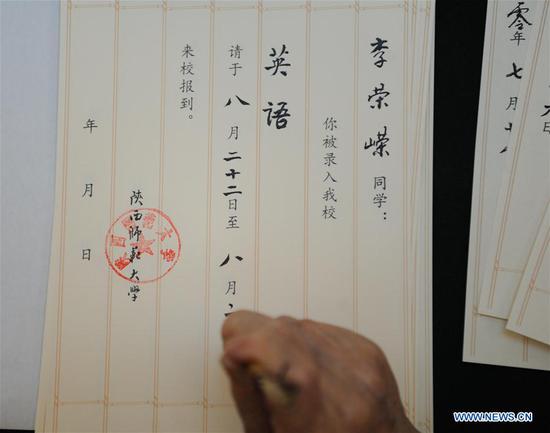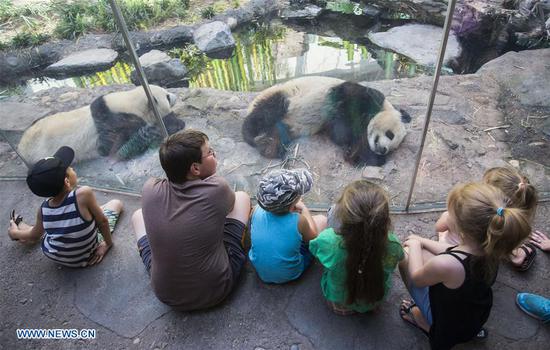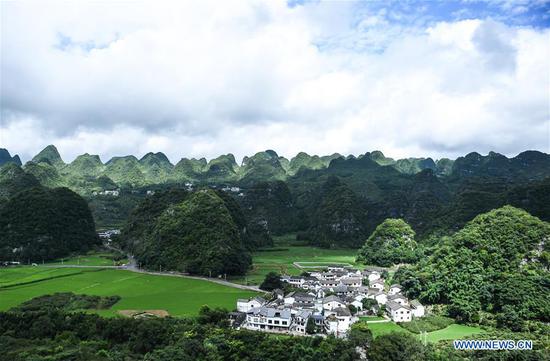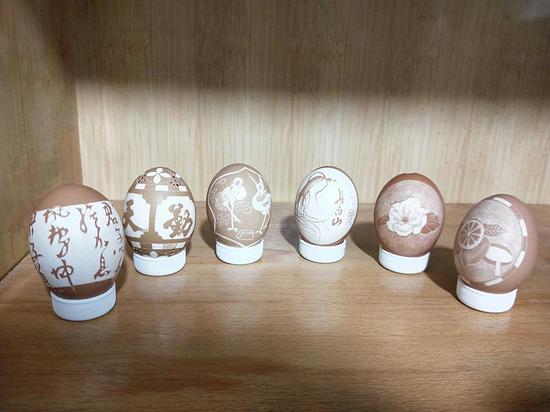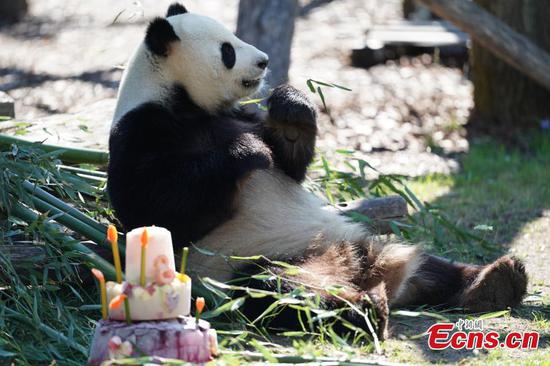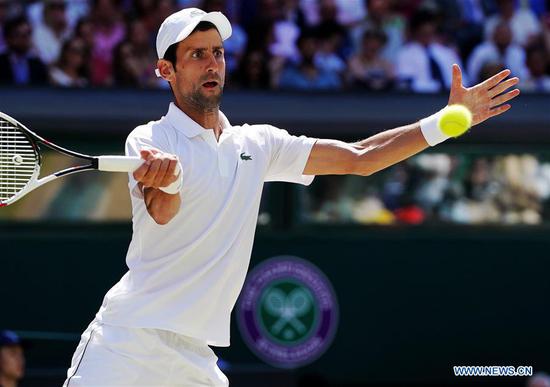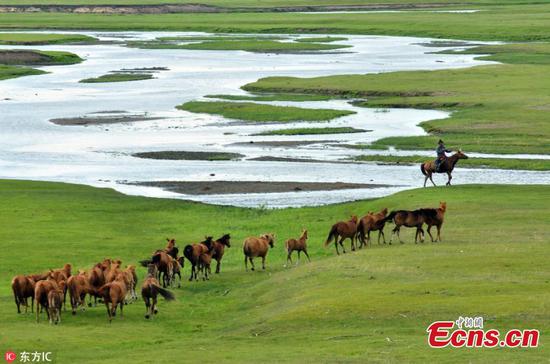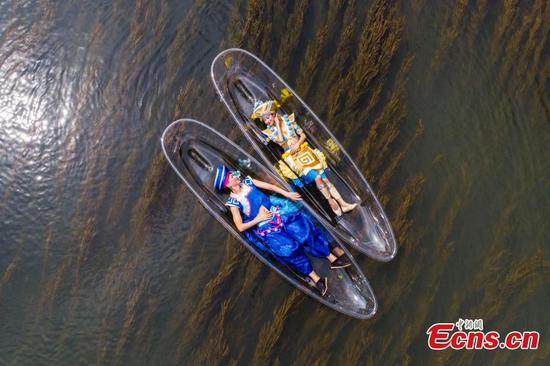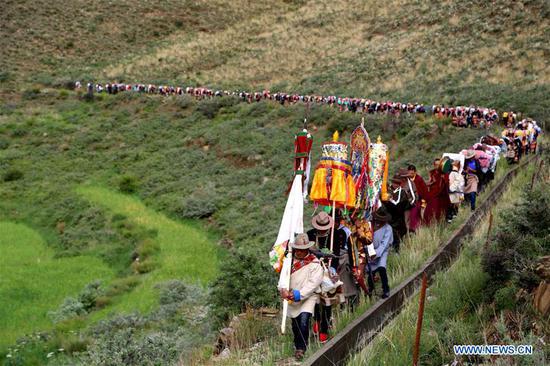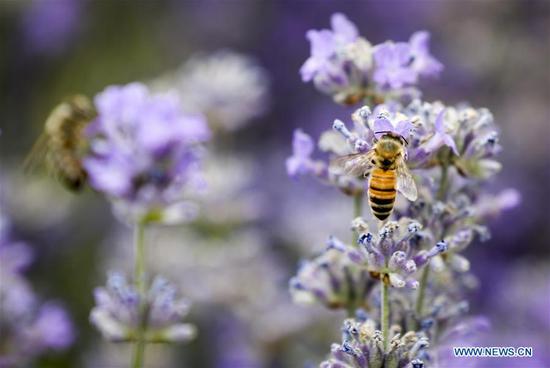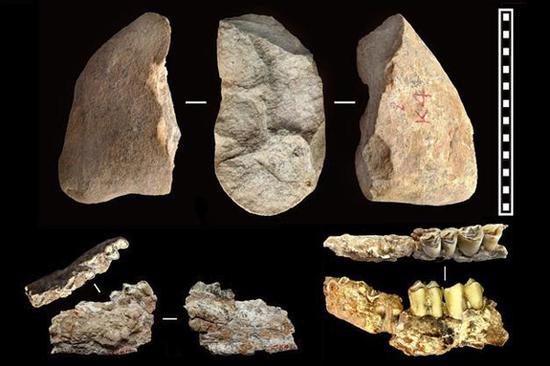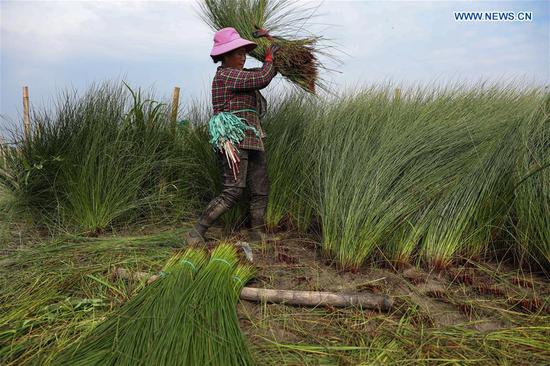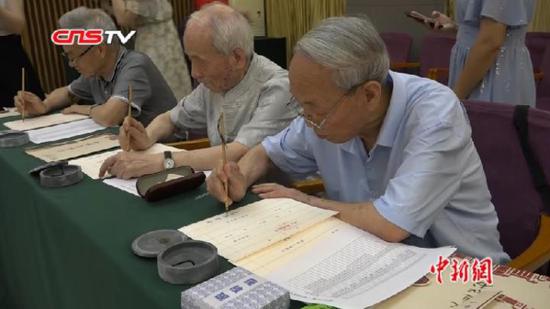A lawyer in south China’s Guangdong Province was recently astonished to find the pangolin, a national protected animal, being defined as a medicinal ingredient in a sixth grade science textbook.
In the chart, animals were categorized according to their relationship to humans under one of three options: “cloth,” “food,” or “medicine.” The pangolin was listed in the medicine category as an ingredient used in Traditional Chinese Medicine (TCM), alongside the deer. The chart can be seen in the biodiversity unit on page 139 of the “Science” book designed for sixth grade students at local primary schools.
The book did not include any relevant content about conservation or animal protection.
“How could children treat the pangolin nicely when they grow older after receiving such education?” asked the lawyer Zhang Jie. “The answer can’t be more obvious.” He also cited the fact that about 1,000,000 pangolins were smuggled into China during the past decade due to the traditional belief that the pangolin has pharmaceutical value – a belief that’s especially common in Guangdong Province.
“The mistake must be righted”, Zhang said.
Zhang noticed the problem three months ago in April. After reporting it to the China Biodiversity Conservation and Green Development Foundation, he co-issued a lawyer’s letter with the NGO to the book’s distributor in June, urging the institute to revise its content in two months before releasing it in the coming autumn semester.
“The textbook ‘Science’ has posed irreversible loss to the nation’s wild animal protections. Its content would have resulted in the inaccurate and life-long world-views to the young adults in thinking the pangolin as an edible ingredient,” read the lawyer’s letter.
In response, the publisher, Educational Science Publishing House, officially replied to the letter on July 10 after it was noticed by the book’s distributor who said it was “improper to refer [to] a national protected animal as a pharmaceutical component.” According to the announcement, “the company has revised the relevant content immediately after verification and promised it will not appear ever again in the newest edition.”
The announcement was reaffirmed in a July 13 report by local media outlet Southcn, where the publisher said it had revised the chart in the textbook and reference book used by teachers in the latest edition.
“The content [is] intended to highlight the friendship between animals and humans, and let children picture the ‘construction of mutualistic symbioses.’ However, the author’s description of the pangolins was definitely indiscrete and devious to the original intention,” a staff at the publishing house told the Southcn.
The pangolin has been recognized as a Second Class national protected animal since 1988 in China. Selling or killing pangolins in wild have been banned in the country. China stepped up its enforcement in the new wild animal protection law, which was put into practice at the beginning of 2017, ruling that people who eat the animal would also be in violation of the law.









